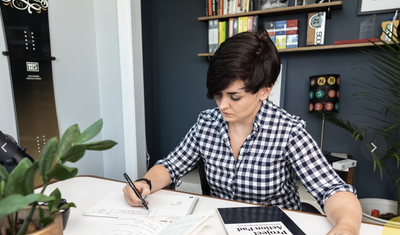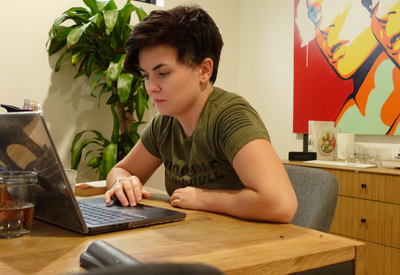
My first Kickstarter project, The Filmography of Aircraft, was successfully funded on May 23, 2013, to a total of $25,161, which was 838% of the original $3,000 asked for. I wrote about how I set up that campaign here.
There’s a general misconception that if you ask for $3,000 but make over $25,000 you have $22,000 profit sitting in your account somewhere. I’ve lost count of the number of people who said to me, “Wow! So you just get to keep the rest of the money?!”
Generally, the more backers you obtain during the campaign, the more pre-sales you’ve done. That is to say that people expect something (usually physical) in return for their pledge. So, “no,” you don’t get a magic bag of money 30 days later with no consequences.
And this leads to why you’re here. Where’d the money all go, and how much did I pocket?
I’ve done a detailed breakdown below and explained how I handled everything. And then you’ll read what I could have done better.
Total Funds Raised: USD $25,161
KICKSTARTER’S 5% FEE – $1,258.05 (leaving us: $23,902.95)
Once your project is successfully funded, Kickstarter takes its cut, which is 5% of the total fees collected.
FEES NOT COLLECTED – $89.81 ($23,813.14)
Due to Kickstarter not charging credit cards until the campaign has ended, some backers' credit cards don’t come through at the end (they could have canceled, their credit/debit card could have been no good, etc.), so it’s very common that the amount of money you raise is not the money you will collect.
I have a friend who had raised over $100,000 on Kickstarter and ended up losing 10% ($10,000) of their funds due to credit cards that were not able to be authorized. For them, it meant having to find an additional source of funding in order to have their project goals met.
AMAZON PAYMENT FEES – $1,185.63 ($22,627.51)
All backers are processed by Amazon Payments. The fees generally work out between 3% and 5% of what you collect at the end. However, most people don’t realize that you still pay fees on transactions that aren’t authorized. If a credit card fails: too bad. That’s why my fees are closer to 5% of my net. (4.71% to be precise.)
PRINTING COSTS + DELIVERY – $2,200 ($20,427.51)
My original goal was $3,000, which would cover the cost of printing the initial run of 750 prints (as well as the necessary packaging).
I only sold 291 actual prints through Kickstarter (based on the reward tier), meaning I had a surplus of 459 that I could sell in my store. My $3,000 cost also included delivery of all prints from the printer in Brooklyn to the shipping fulfillment warehouse in Minnesota.
ORDERING PACKAGING – $2,797 ($17,630.51)
While it’s true I could have sent these prints out in simple kraft Uline tubes for ¼ of the cost, I wanted to invest in some nicer packaging. I ordered clear plastic tubes (1,000 total for the best price possible), perma-sealed on one end with a black plastic lid on the other.
Each print was put into these tubes, and then into a long shipping box with tissue paper for protection. Then they were sent out.
I was sent a cool video of the guys from GiantBomb opening a print. I’m not gonna lie; it still feels pretty cool to watch.

KICKSTARTER VIDEO & EDITING – $155 ($17,475.51)
I found my Kickstarter videographer on TaskRabbit. Living in New York City, it may seem easy to find quality contractors; however, don’t overlook these types of resources in your area, as quality diamonds are in the rough in every city.
After hiring him on TaskRabbit for $55, he came to my apartment to film, bringing his own audio equipment, his own camera, and his own lights. Total winner.
For editing, he asked for an additional $100, and he had the first draft back to me within 48 hours. After a couple of back-and-forth emails, I had the completed video within a week of the initial shoot.
MORE VIDEO EDITING (DUE TO TYPO) – $30 ($17,445.51)
I learned within a few hours of launching my campaign, The Filmography of Aircrafts, that the plural of Aircraft is, in fact… wait for it…Aircraft.
This typo needed to be fixed; therefore, all the images that showed ‘aircrafts’ (including the actual main print itself) needed to be edited.
Once I updated the print and photoshopped all corresponding images, the video needed a few small fixes. This was the cost of $30. (Pretty reasonable.)
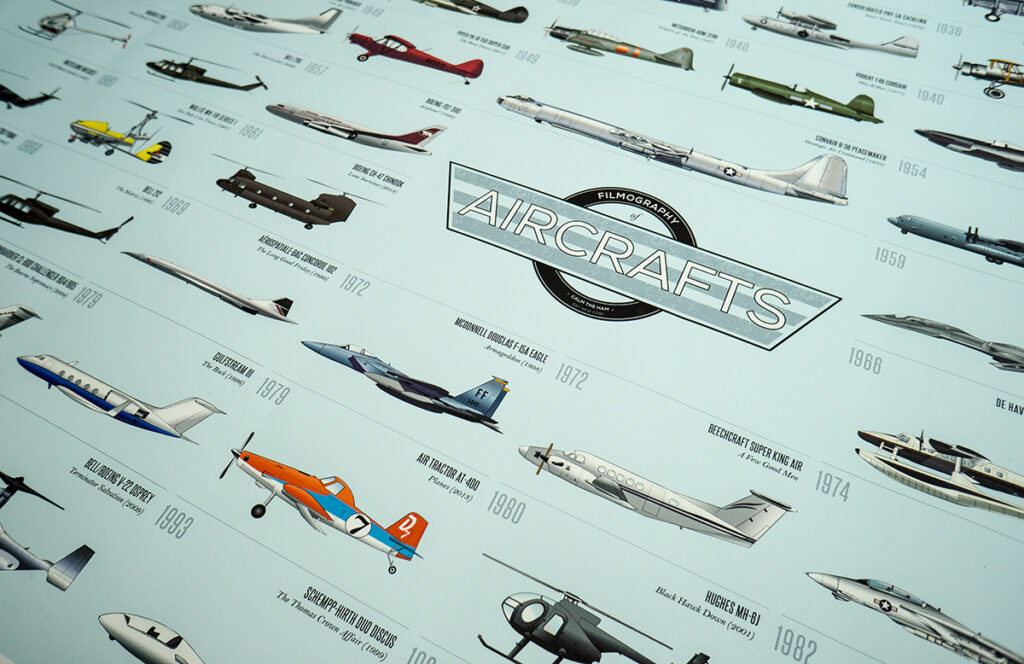
500 CERTIFICATES WITH ENVELOPES – $216.17 ($17,229.34)
Each print came with a backers’ certificate that was signed and numbered according to their print. These certificates were 6” x 4” matte cards placed within envelopes.
THE COLLECTORS’ BOOK PRINTING – $6,060.02 ($11,169.32)
While I initially found a nicely priced printing place, I didn’t like their general lack of responsiveness and flakiness in their answers regarding book quality and delivery times.
I went with Blurb.com to print the books. And it was pricey. 75 books alone cost $6,060. And two cents.
I’m wincing as I type it…
I lost money on this aspect of my campaign as the cost per book was around $100 due to the paper quality, images, and number of pages. I did get a bulk discount of 10% off; however, I should have further researched other printers about book costs. (I know, I know…)
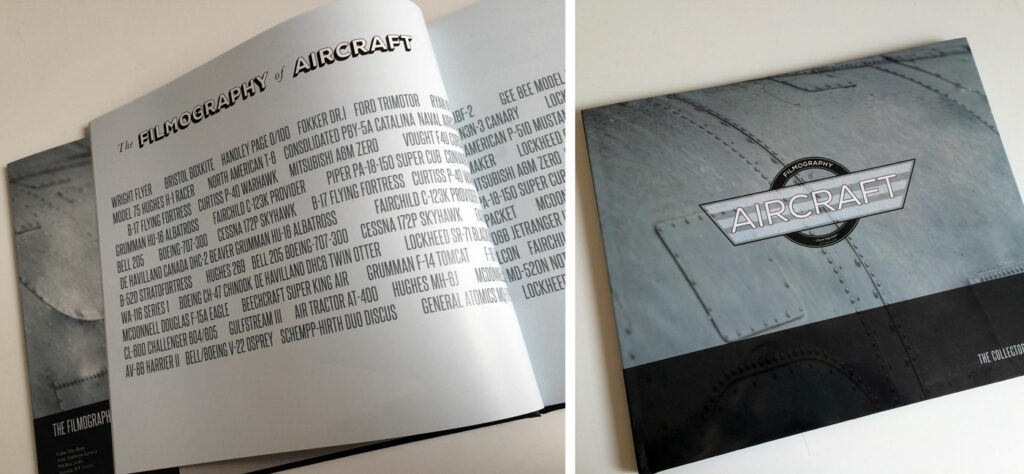
FRAMES WITH FULFILLMENT – $1,492.02 ($9,677.30)
The framing company handbuilt each frame (46 people picked this tier) and physically put the print into the frame. (Originally I had planned to order all the frames and have them delivered to my apartment to do this part myself. Thankfully I came to my senses.)
SHIPPING FULFILLMENT – $406.10 ($9,271.20)
The fulfillment company was in charge of sending out all the orders at a cost of $1.55 per order. $1.55 x 262 orders equaled $406.10, which also equaled me not worrying about packaging.
POSTAGE COSTS – $4,820.30 ($4,450.90)
I shipped all of the orders via USPS Priority within the U.S., which cost between $6 – $8 per package. International shipments ran between $18 – $65. (The framed posters ran even more expensive at over $100.)
TAXES – $1,907.81 ($2,543.09)
Even the U.S. government gets a piece of your Kickstarter! Luckily for me, I only pay tax on the net profit, not the expenses.
Quick advice: If you run a Kickstarter campaign at the end of the calendar year, you should wait to deposit your funds from Amazon into your bank account until January 1st.
This way, you don’t have to pay these taxes until the following year. (Use your credit card to pay costs if need be, otherwise you’ll have to pay taxes on the entire amount, instead of only on your net profit (profit AFTER expenses). Don’t let ‘em get ya.
Total net profit: $2,543.09
Now, can you imagine if I had accounted for my time? Had that been factored in I would have been in the red.
Someone on Kickstarter asked me to reduce the price of prints on Kickstarter once I met my initial goal since I’d “already reached my goal” and could therefore afford it. I hope this shows the true cost of Kickstarter.
$3,543.09 is not a lot of profit considering the time and effort I put into the print, not drawing a salary, and not counting the rent, utility bills, and equipment for the office I spent during the many hours working on the illustrations.
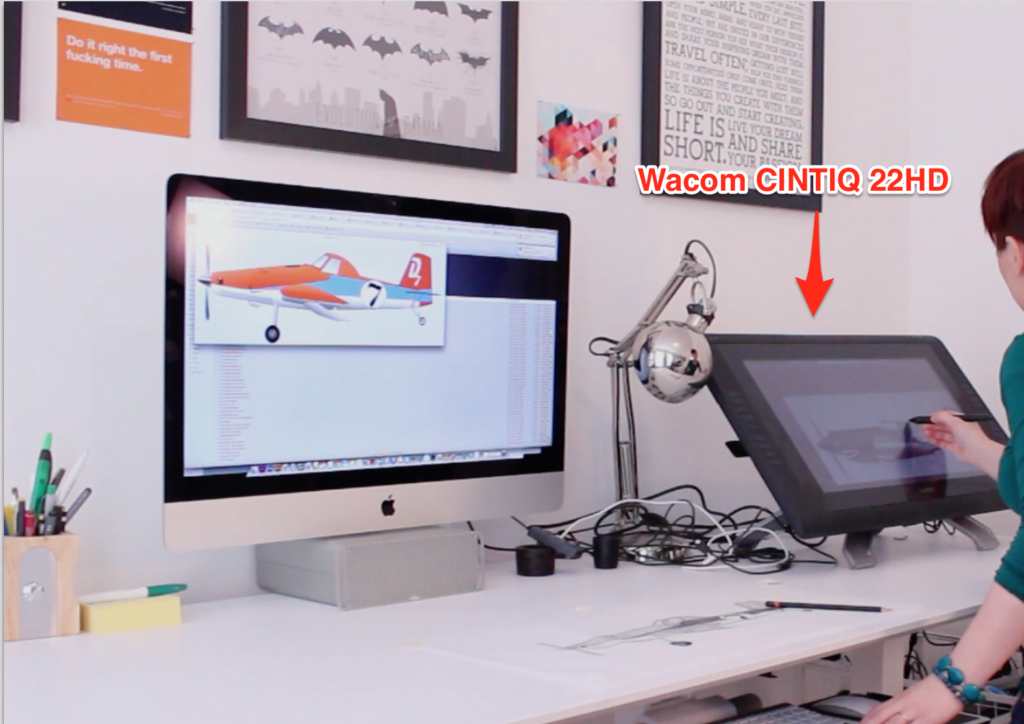
When I mention equipment, I’m also referring to a Christmas present I gave myself last year specifically for this print: the Cintiq. It’s an amazing piece of technology, and it saved me a lot of time digitizing the sketches into images. With that said, it runs $1,899.99.
Since we’re already discussing the taboo and oh-so-tacky subject of money and profitability, I’d be remiss to not mention that both The Filmography of Aircraft and The Filmography of Cars are available at my store, Calm The Ham.
My Biggest Mistakes:
Offering framed prints for international delivery
Big mistake. Huge. The cost of shipping these prints alone was expensive. Adding a heavy wood frame to the mix made the postage cost more expensive than the actual frame costs. While backers did pay a small portion of the cost, it was still mostly an out-of-pocket (my Kickstarter pocket) expense.
For my next Kickstarter, I plan to offer framed prints only to domestic backers while I provide links for international backers to order their frames separately from a delivery source close to them.
Paying commercial prices for the book
Due to the large cost of the books, I only bought enough for the backers (and two copies for myself). Ideally, if I had used my time and money more wisely, I could have ordered a large number to also sell as a bundle with the print on my store.
These mistakes are definitely something I will be avoiding in my next campaign, which is The Filmography of Guns, which will be released later in August. Projects I’m working on.
Become a subscriber receive the latest updates in your inbox.



